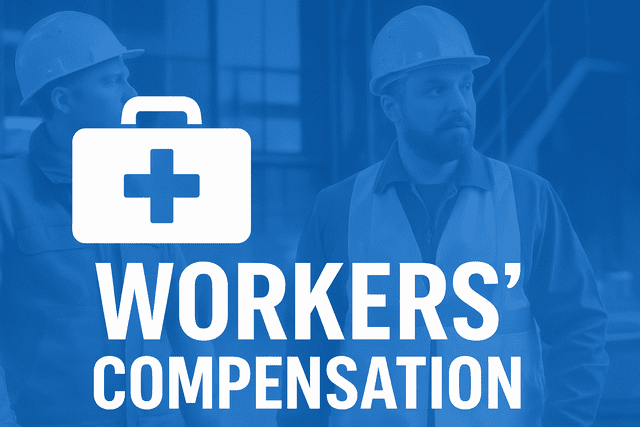
Denied Workers’ Comp? Here’s What You Can Do Next
If you are a construction worker hurt on the job, receiving a denial for your workers’ compensation claim can feel like a punch in the gut. You were counting on those benefits to help cover medical bills, lost wages, and get back on your feet. The good news? A denial is not the end of the road. There are several steps you can take to challenge that decision and still get the benefits you deserve. Legal teams that handle workers’ compensation cases for injured construction workers are ready to guide you through the process.
Table of Content
Step 1: Understand Why You Were Denied
The first thing to do is figure out why your claim was denied and common reasons include:
- Missing or incomplete documentation
- Employer disputes that the injury is work-related
- Missed deadlines for reporting the injury
- Medical records that do not support your claim
Once you know the specific reason for your denial, which should be outlined in your denial letter, you will be in a stronger position to respond effectively.
Step 2: Act Quickly – There Are Deadlines
In North Carolina, if your workers’ compensation claim is denied, you have the right to appeal. But do not wait because there are time limits. Generally, you must file a Form 33, Request for Hearing, with the North Carolina Industrial Commission to begin the formal appeal process. Waiting too long could mean forfeiting your right to benefits altogether.
Step 3: Collect Supporting Evidence
Gather any documents that can help strengthen your case, including:
- Detailed medical records and doctor’s statements
- Witness statements from coworkers
- Photos of the jobsite or incident
- Safety reports or lack thereof
You will want to show clearly that your injury happened on the job and that it has affected your ability to work.
Step 4: Consider Legal Help
Let us be honest, workers’ compensation appeals are not simple. Employers and their insurance companies have teams of lawyers working to protect their profits. To counter this, you should consider hiring a workers’ compensation attorney who has experience with construction injury cases. A good lawyer can help:
- File the correct forms
- Meet critical deadlines
- Represent you at hearings
- Negotiate with insurance companies
Having an experienced advocate by your side can make all the difference in reversing a denial.
Step 5: Explore All Avenues of Compensation
While workers’ compensation covers medical care and partial wage replacement, in some situations, you might also have a third-party claim. For example, if your injury was caused by a subcontractor, equipment failure, or unsafe conditions on a site not controlled by your employer. Your lawyer can help you evaluate whether additional legal action makes sense.
Conclusion
A denied claim does not mean you are out of options. It just means you need to take the next steps carefully and strategically. Whether your injury was due to a fall, heavy machinery, or unsafe working conditions, the law provides avenues for you to pursue the compensation you are entitled to. Therefore, talk to a lawyer, gather your evidence, and keep pushing forward. Do not let a denial keep you from exercising them.


